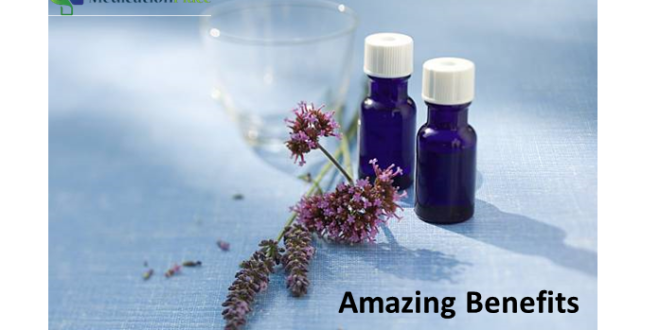If you have sensitive skin, you should avoid products that contain fragrances, such as perfumes, but lavender oil is usually well-tolerate when apply topically. In order to test for allergy, apply the essential oil on a small patch of skin first, such as your eyelids, which tend to be particularly sensitive. If you do experience a reaction, apply the essential oil sparingly. If you experience a burning sensation, stop using the product immediately and consult a doctor.
Reduces anxiety
One of the most gentle oils available, lavender is an excellent choice for treating anxiety. It can be apply to the skin directly, or diluted in carrier oils such as sweet apricot, almond, or jojoba. For the best results, try applying the lavender oil blend on specific points of the body, like the temples and wrists. You can also apply it by rubbing it on your hands, cupping it over your nose, or even applying it to a cotton ball or pad. A anxiety lead to impotence so at that time use Cenforce 150mg or fildena 150.
Promotes better sleep
The benefits of using lavender in the bedroom are widely recognize. Its aroma has been proven to improve the quality and quantity of sleep. Research at Wesleyan University in Middletown, Conn. has also shown that lavender can improve sleep hygiene. The researchers study 10 volunteers, half of whom were given a placebo and the other half were placed in a lavender-scent room. They recorded the sleep quality of the volunteers. Those who slept in the lavender-scented room had fewer problems during the night, and more energy in the morning.
Treats poison ivy
Lavender oil can be used to treat the rash cause by poison ivy. The oil can be spread from the affected area to other parts of the body. The oils can also be transferred onto clothes, shoes, and gloves. Pets may also come in contact with the poison ivy rash. This is why lavender oil is the best treatment for poison ivy. This is also an effective home remedy for poison ivy.
Reduces inflammation
Recent research suggests that the essential oil of lavender can inhibit the production of pro-inflammatory cytokines. The essential oil of lavender was extracte from flowers from a farm in Hungary, which is where the plant grows wild. The flowering time of lavender plants affects the essential oil’s anti-inflammatory properties. The exact mechanisms of lavender oil’s anti-inflammatory action are not known. However, the anti-inflammatory activity of essential oils may depend on the composition and ratio of its constituent compounds, and the time of their harvest. However, researchers believe that the essential oils of lavender can suppress inflammation by modulating the NF-kB signalling pathway, which regulates the expression of pro-inflammatory cytokines.
Improves wound healing
Recent research has suggested that lavender oil promotes wound healing. Research studies have shown that it affects multiple steps in wound healing, including triggering the production of TGF-b. In one study, rats were subject to circular, full-thick skin wounds, and then lavender oil was apply to the wound on alternate days for 14 days. Compared to the control group, lavender oil significantly decreased the wound area.
Moisturises skin without clogging pores
You may have heard about the amazing benefits of lavender oil. This essential oil not only provides moisturisation, it also prevents breakouts. It has antioxidant and anti-inflammatory properties, which protects the skin against free radicals and damage from the sun and pollution. Apply it to your skin at night to keep it smooth. Read on to learn more about the many benefits of lavender oil and how to add it to your skincare routine.
 Posting Point
Posting Point

